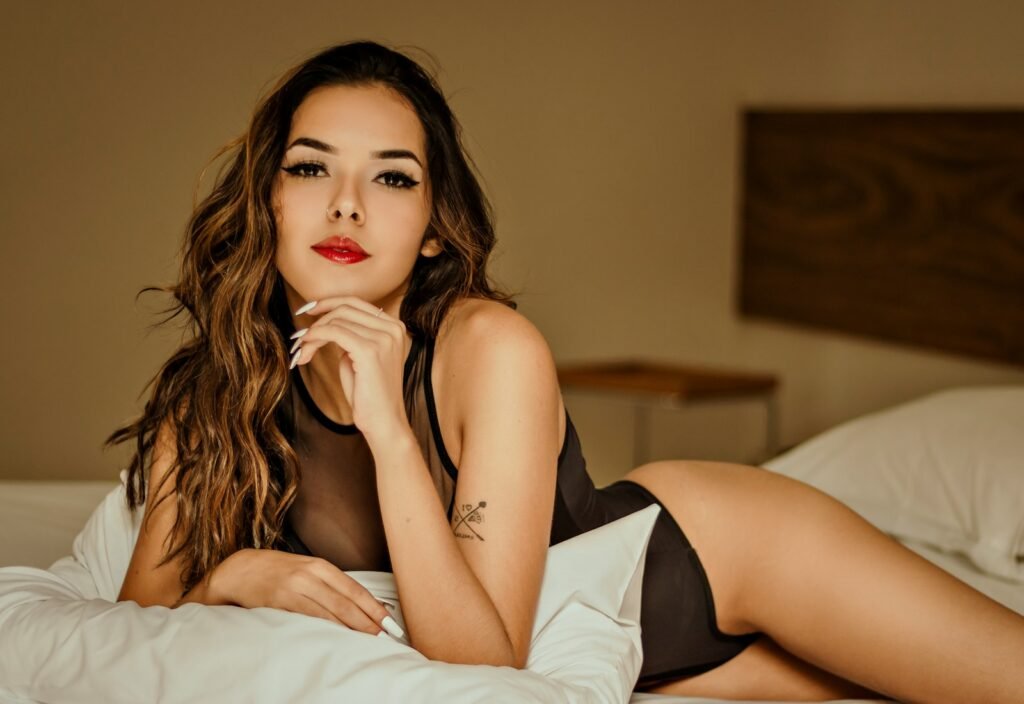
Greetings, fellow photo enthusiasts and curious shutterbugs! Welcome to the wondrous world of photography, where we venture beyond the pixels to decode the nuances of artistic expression. Today, we tackle a subject that’s as timeless as the classics and as complex as a Rubik’s cube – Nude, Boudoir, Risque Photography. Before you raise an eyebrow or hit the back button, stick around. We’re about to redefine boundaries, shatter taboos, and blur the lines of artistic expression.
Captivating Intros: The Naked Truth
Ever wondered why nude photography remains endlessly fascinating? It’s not just about the ‘nude’ part; it’s about unveiling the raw, unfiltered human form. Think Greek statues minus the togas. Nude photography is an intricate dance between light, shadow, and the human figure, capturing vulnerability and strength in a single frame.
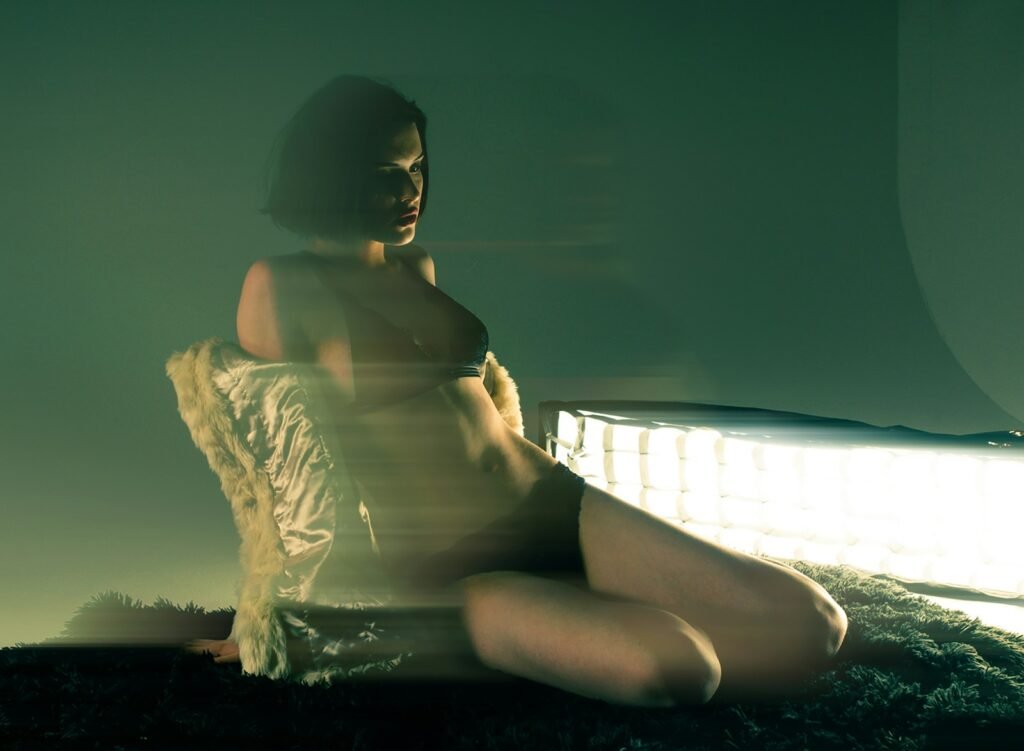
So, let’s strip away the misconceptions and delve into the artistry, ethics, and evolution of this enigmatic genre. Nude photography has long been a contentious genre, teetering on the fine line between art and obscenity. As society evolves, so too does its perception of what constitutes art. The boundaries of artistic expression in nude photography are continuously being challenged and redefined. This evolution prompts a deeper exploration into the blurred lines that separate artistic merit from mere titillation.
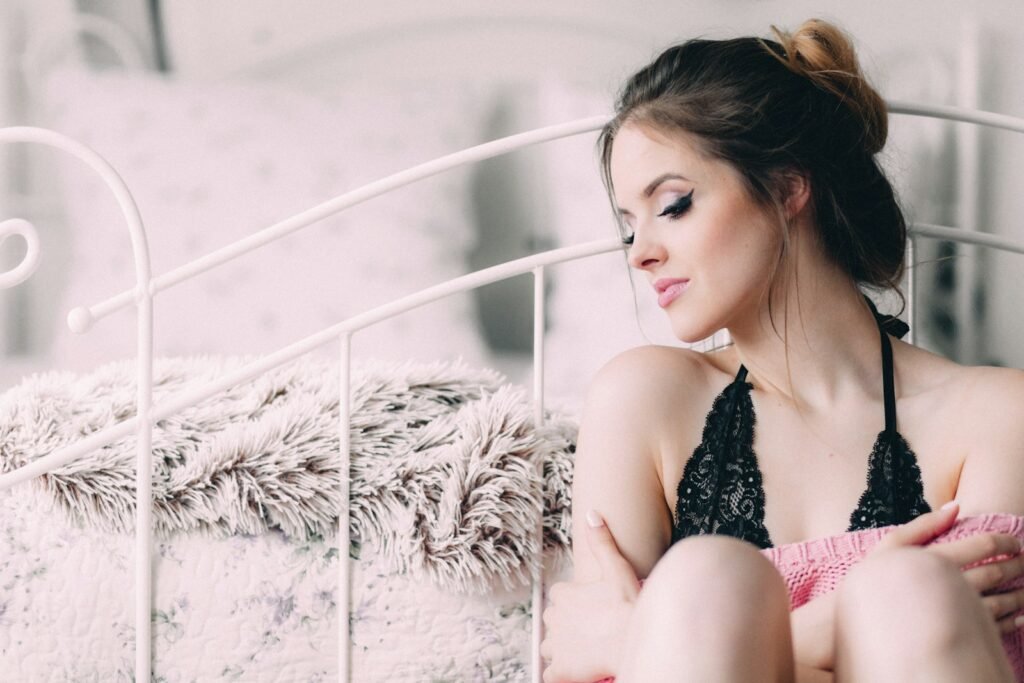
The Artistic Intent: Differentiating Art from Obscenity
At the heart of the debate on nude photography is the intent of the artist. Artistic intent is a crucial factor in distinguishing between art and obscenity. When the nude is presented with the purpose of evoking thought, emotion, and appreciation for the human form, it is often accepted as art. Conversely, when the primary intent is to provoke sexual arousal, it is more likely to be deemed obscene.
Renowned photographers like Edward Weston and Helmut Newton have explored nudity with a clear artistic vision. Weston’s stark, almost abstract representations of the human body challenged viewers to see the nude in a new light, devoid of eroticism. Newton’s provocative, yet sophisticated images pushed boundaries but maintained an unmistakable sense of artistry and intent.
Cultural Perceptions: The Role of Society and Censorship
Cultural perceptions of nudity vary widely across different societies and historical periods. What is considered artistic in one culture may be viewed as obscene in another. This subjectivity makes it challenging to establish universal standards for nude photography.
Censorship has played a significant role in shaping the acceptance of nude photography. In more conservative societies, stringent censorship laws often suppress artistic expression. Conversely, more liberal societies may embrace and celebrate nudity in art. The fluctuating nature of societal norms means that the boundaries of what is acceptable are constantly shifting.
The Digital Age: New Challenges and Opportunities
The digital age has both democratized and complicated nude photography. Platforms like Instagram and OnlyFans have given artists new avenues to showcase their work, but they have also blurred the lines between art and exploitation. Social media’s strict content policies often result in the removal of artistic nude photography, while other platforms may inadvertently promote more explicit content.
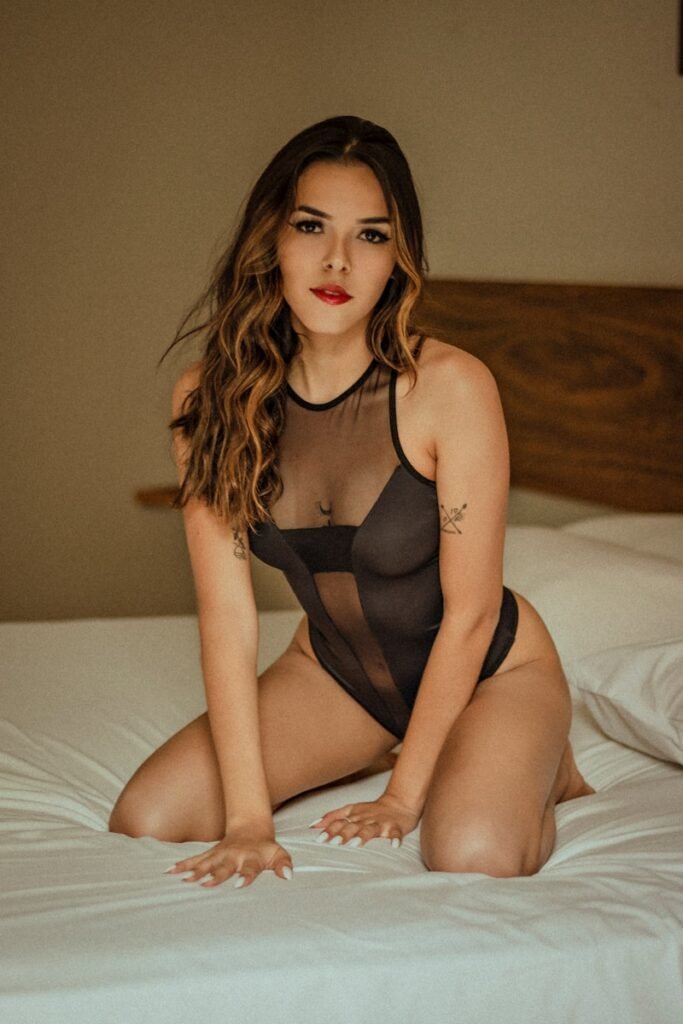
Digital manipulation and editing tools have also transformed the genre. Artists can now push the boundaries of realism, creating fantastical and surreal representations of the nude form. This evolution prompts ongoing discussions about authenticity, representation, and the essence of art in the digital era.
Ethical Considerations: Consent and Exploitation
Ethical considerations are paramount in nude photography. Consent is a critical component, ensuring that subjects are fully aware of and comfortable with how their images will be used. Exploitation remains a significant concern, particularly with the rise of revenge porn and non-consensual sharing of intimate images.
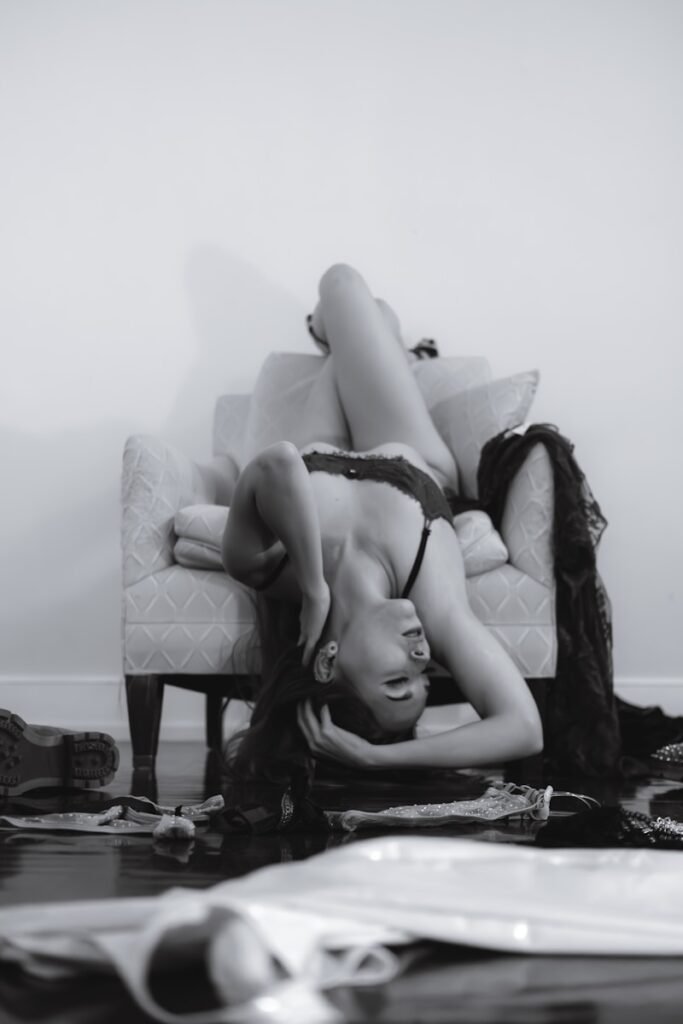
Photographers must navigate these ethical minefields with sensitivity and respect. Establishing clear communication, obtaining explicit consent, and maintaining transparency about the intended use of the images are essential practices to uphold the dignity and autonomy of their subjects.
Conclusion: Embracing the Complexity of Nude and Boudoir Photography
Nude photography, as an art form, resides in a complex and ever-changing landscape. The boundaries between art and obscenity are not fixed but fluid, shaped by historical context, cultural perceptions, artistic intent, and ethical considerations. As society continues to evolve, so too will its understanding and acceptance of nude photography.
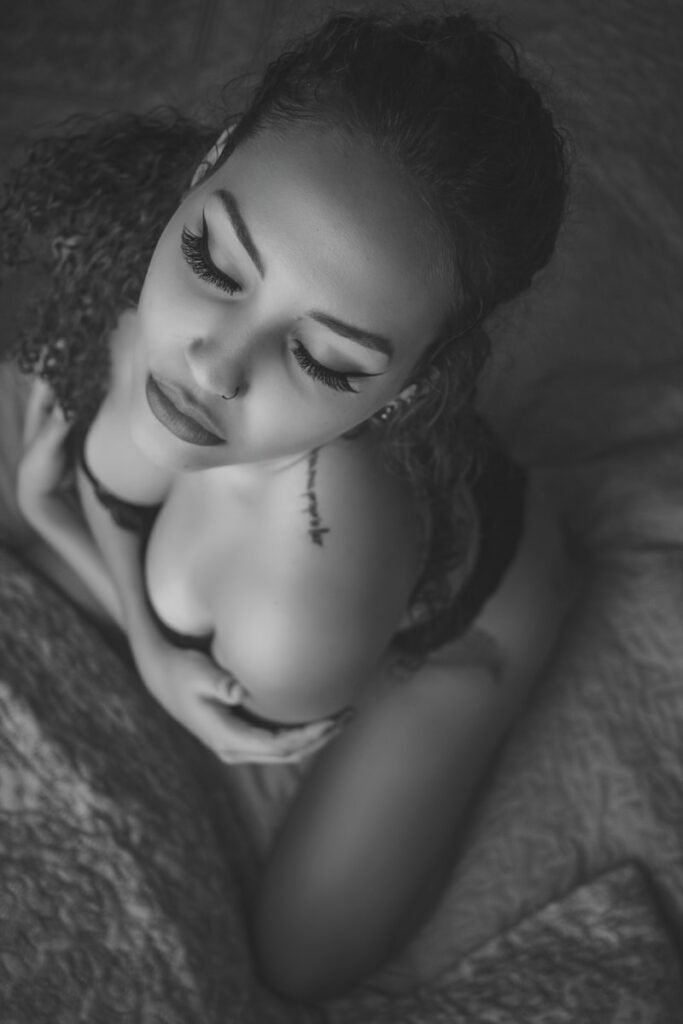
In an age where art is increasingly commodified and scrutinized, we must dare to question and redefine the constraints imposed on artistic expression. Nude photography, including the intimate and empowering realm of boudoir, challenges us to confront our discomforts, prejudices, and the very essence of what we deem acceptable in art. By blurring the lines and pushing boundaries, it forces us to see beyond the superficial and appreciate the profound beauty of the human form.
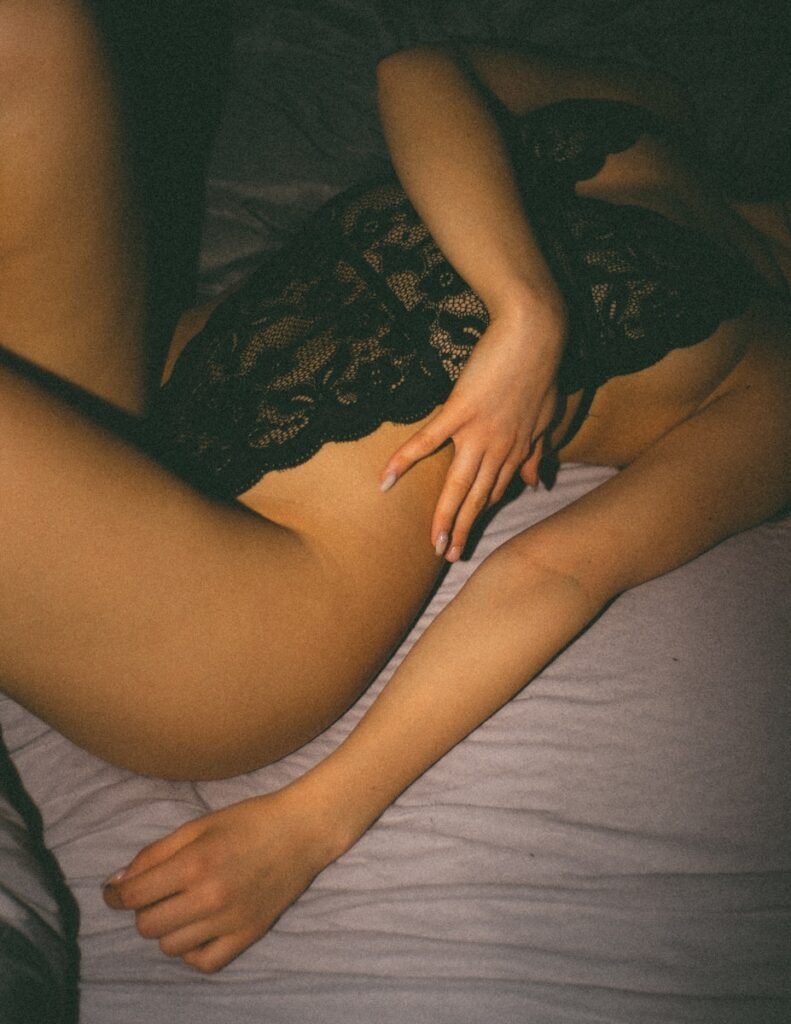
As we stand at the intersection of tradition and innovation, we must resist the urge to sanitize and censor art to fit into neatly defined categories. Instead, let us celebrate the raw, unfiltered exploration of nudity in photography as a powerful statement of freedom and creativity. In doing so, we not only honour the legacy of artistic pioneers but also pave the way for future generations to push the envelope and redefine what it means to be an artist in a world that often fears the naked truth.
Final Thoughts: Encouraging Photographers to Embrace the Art of Nude Photography
As we navigate the complexities of nude photography, it becomes evident that its evolution is far from over. Photographers are encouraged to push the boundaries, experiment with new techniques, and explore the profound beauty of the human form in its most unadorned state. By embracing the raw, intimate, and often provocative nature of nude photography, artists have the opportunity to challenge societal norms, evoke deep emotions, and tell compelling stories.
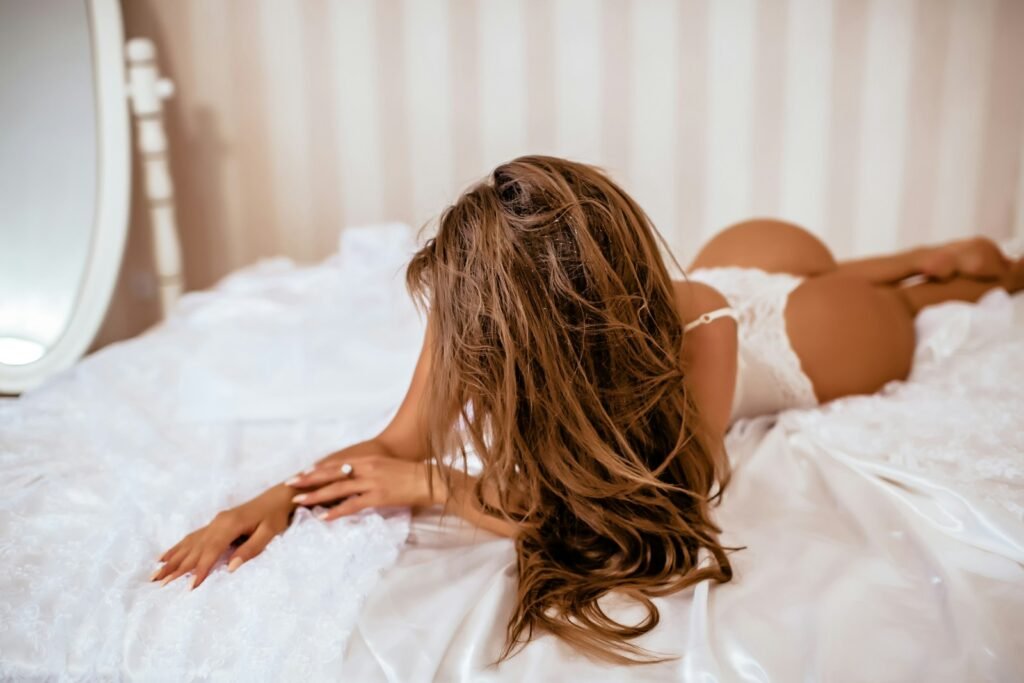
Each photograph is an invitation to confront preconceptions and celebrate the vulnerability and strength inherent in every subject. As you continue your artistic journey, let the courage to explore and express the multifaceted nature of humanity guide your work, reaffirming that true art lies not in conformity, but in bold and fearless creativity.


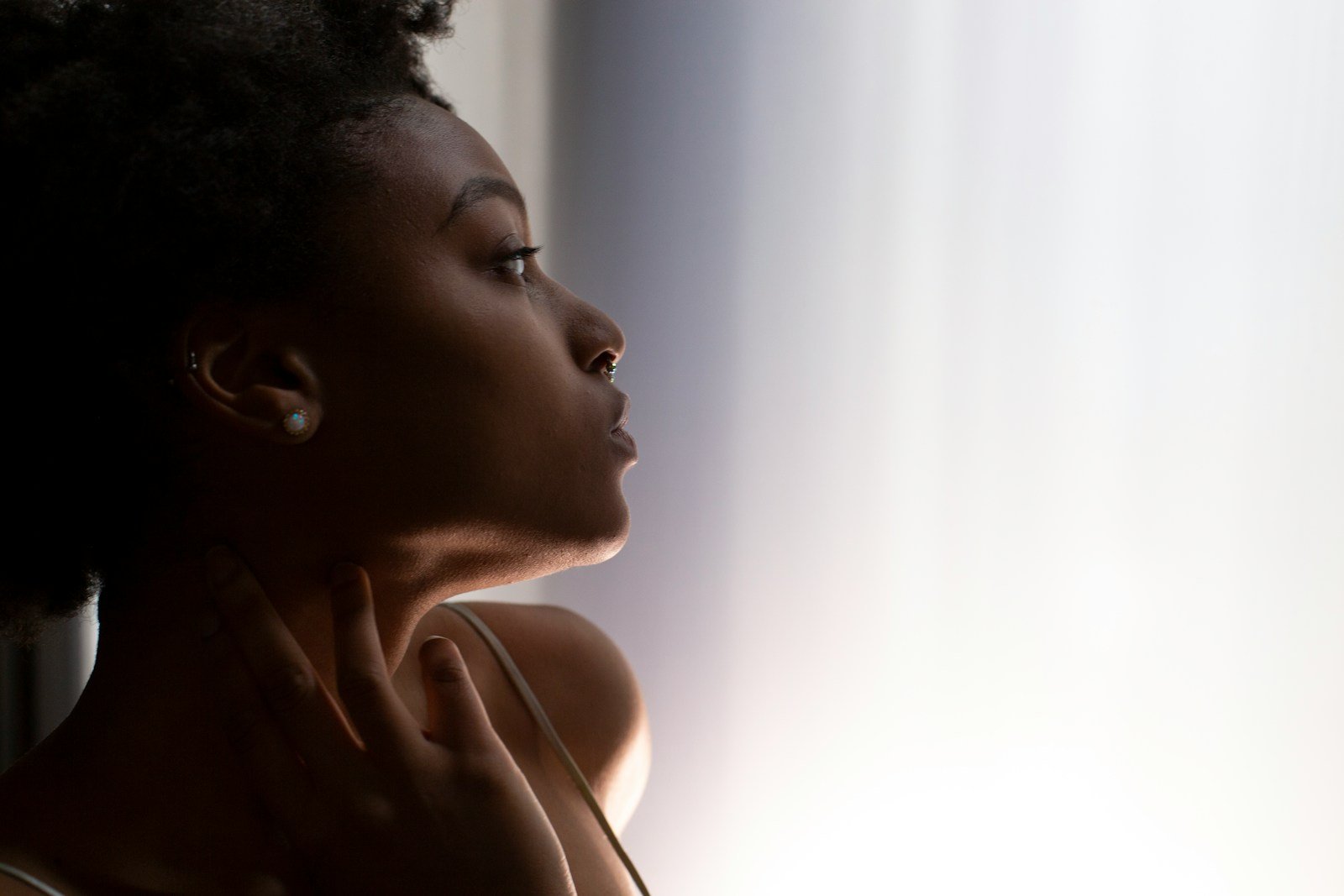






What do you think?
Show comments / Leave a comment